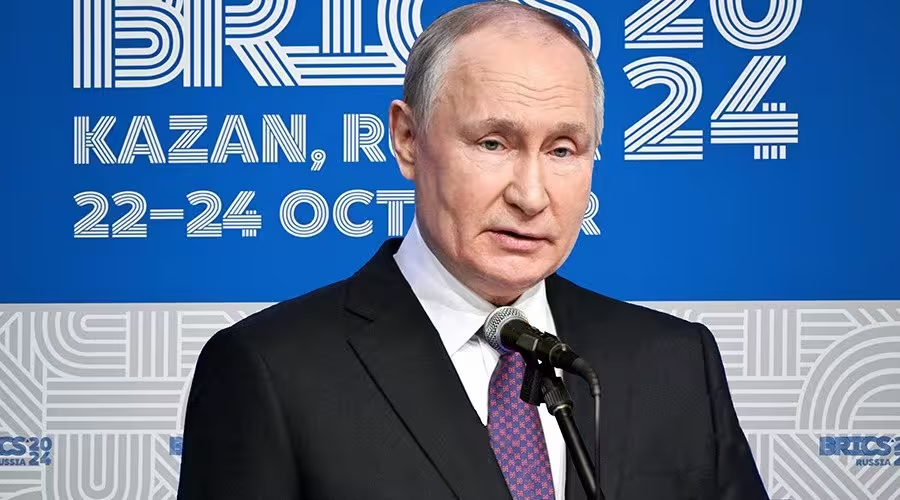The BRICS Summit 2024 took place this week in Russia and the event–in the context also of some previous developments–offered useful indicators about global attitudes at government levels towards Bitcoin, crypto more widely, and the feasibility of establishing blockchain-based international payment systems.
Just prior to the start of the summit, at the BRICS Business Forum in Moscow, there was discussion of a project called BRICS Pay. This is a proposed blockchain-based payment system that has been pitched as being for both retail and B2B use, able to facilitate cross-border payments, and that could potentially use its own BRICS unit of account.
What’s more, Vladimir Putin then spoke at the BRICS Summit about the possibility of using digital currencies for international investment in developing countries.
JUST IN: BRICS to use digital currencies for investment developments. pic.twitter.com/i7u7JFsC55
— BRICS News (@BRICSinfo) October 18, 2024
While there are no absolutes to be drawn, it’s apparent that some BRICS nations–in particular Russia, which has been operating under sanctions since breaching international law to invade Ukraine–are interested in ways of reducing reliance on the US dollar, and in fact, de-dollarization through the use of local currencies was also a subject of discussion at the summit.
Crypto on the Agenda
What’s more, the summit hosted a discussion centred around the possibility of using Bitcoin for international payments. According to reports, the proposition is that Russian bitcoin miners might sell the digital asset to international buyers, who would make use of it to purchase imports, thereby, in theory at least, bypassing sanctions.
These plans correlate with a partnership between Russian sovereign wealth fund RDIF and Russian bitcoin miner BitRiver, which jointly aim to construct data centres across several BRICS nations, while the partnership also has a focus on AI development.
Relatedly, Russia earlier this year passed legislation allowing for cryptocurrencies to be used by businesses for international trade (but not permitting private domestic payments), while there were reports in Russian media over the summer suggesting that the government was planning two state-run crypto exchanges, alongside speculation about the development of both a Chinese yuan-pegged stablecoin, and a stablecoin linked to a basket of BRICS currencies.
ECB Expresses Bitcoin Hostility
Curiously, these broadly positive blockchain…
























